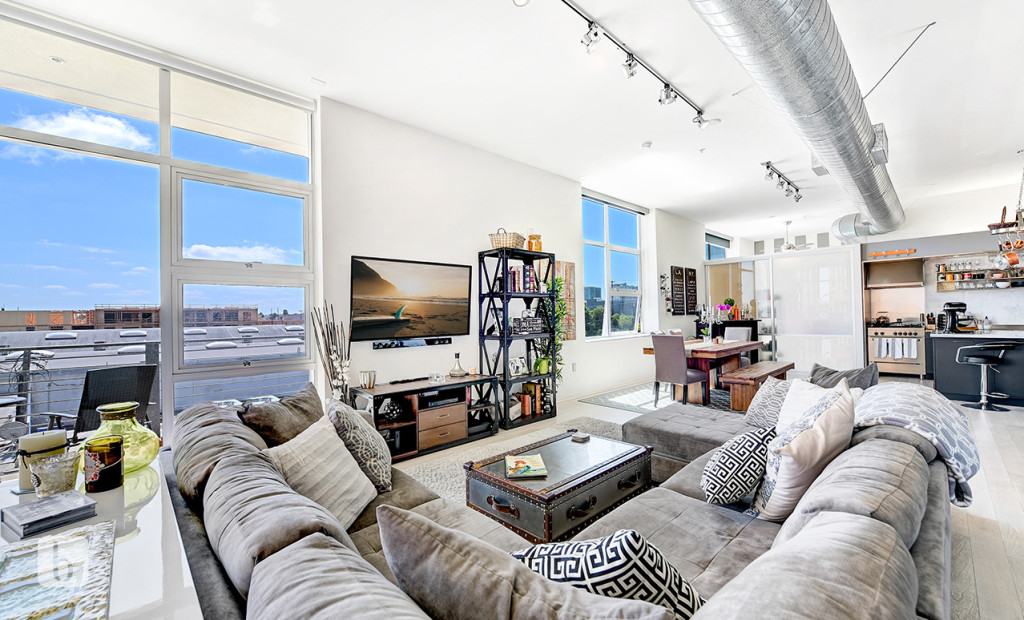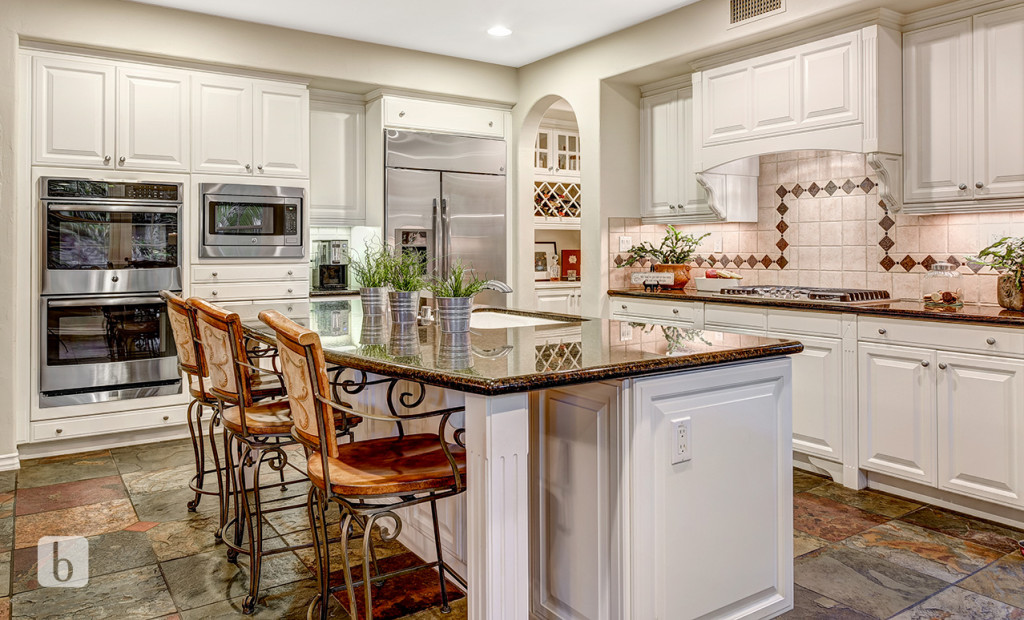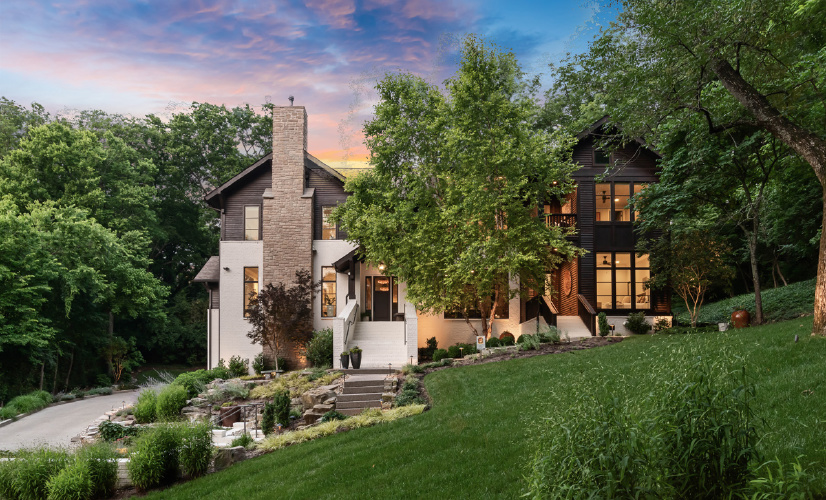Chinese Real Estate Buying Boom Makes Good FENG SHUI A Must For Home Sellers
While many American real estate brokers would name features such as safe neighborhoods, proximity to top schools, and good sunlight as big factors upping a home’s value, some new elements are becoming equally important: stairs that don’t face the door, a stove that’s not placed below the master bedroom, and a bathroom that’s not in the center of the home. Thanks to growing Chinese demand for property in the United States, houses that align with good feng shui principles are earning big money and have propelled a cottage industry of feng shui-literate agents, developers, and design consultants in the U.S. real estate industry.
The results of a new survey by the Better Homes and Gardens Real Estate and AREAA find that the feng shui design philosophy plays a role in home selection for the vast majority Chinese-Americans. A philosophical system that translates to “wind and water” in English, feng shui is focused on harmony with the surrounding environment and has traditionally been used in China to plan the orientation, architecture, and interior design of buildings. Out of 500 Chinese-American survey respondents, a staggering 86 percent say that feng shui will play a role in their future real estate purchasing decisions. A total of 76 percent said that they are familiar with feng shui principles, with over half of those familiar saying that they use it in their daily lives. Out of those surveyed who are homeowners, 81 percent said that feng shui had factored into their purchase.
Feng shui is already having a major effect on luxury home design in America as a result. In Arcadia, California, an upscale suburb of Los Angeles nicknamed the “Chinese Beverly Hills” due to its large Chinese population, developers are buying up older houses devoid of feng shui influences, tearing them down, and constructing new ones following the proper rules governing the flow of qi, or the invisible forces that govern the universe, according to the philosophy. This includes not only floor plan and layout, but the placement of the home itself—developers are most interested in buying lots that are in the middle of the block and facing south, while corner homes are less auspicious.
These principles are being employed at luxury developments across America as feng shui experts are called in to guide designers on how to appeal to wealthy Chinese real estate investors flocking to the United States, after they spent $22 billion on U.S. property last year. In Queens, New York, a condominium development called The Grand at View Sky Parc placed entrances in a way that would prevent the flow of negative energies, while strategically placing stones, plants, water, and wood in its rooftop park. Meanwhile, the waterfront Ritz-Carlton Residences in Miami Beach employed Hong Kong feng shui expert Patrick Wong to make sure the design and decor of the building were feng shui-compliant for its properties, which range from $2 million to $40 million.
This big investment in feng shui can lead to some major profits for developers, as a total of 79 percent of survey respondents said they would pay an average of 16 percent more for a home with proper design. Meanwhile, 90 percent of respondents said that they believe implementing feng shui elements will help improve a home’s resale value. Agents with knowledge of feng shui are especially prone to success with Chinese buyers, as 36 percent said they wouldn’t even work with an agent with no knowledge of feng shui.
For home sellers, poor feng shui now comes at a price, since many respondents saw negative elements as “deal breakers.” A home being at the end of a dead-end street is the worst, and would prevent 31 percent of those surveyed from buying it, while 29 percent wouldn’t buy a house with stairs directly facing the front door or with a sloped backyard, and 24 percent couldn’t accept front and back doors aligned with one another.
Feng shui, of course, isn’t the only important selling point for a home marketed to Chinese buyers. In Arcadia, new homes are also being tricked out with wine cellars, marble-lined double-entry halls, multiple master-bedroom suites to accommodate extended family, and separate “wok kitchens.”
















